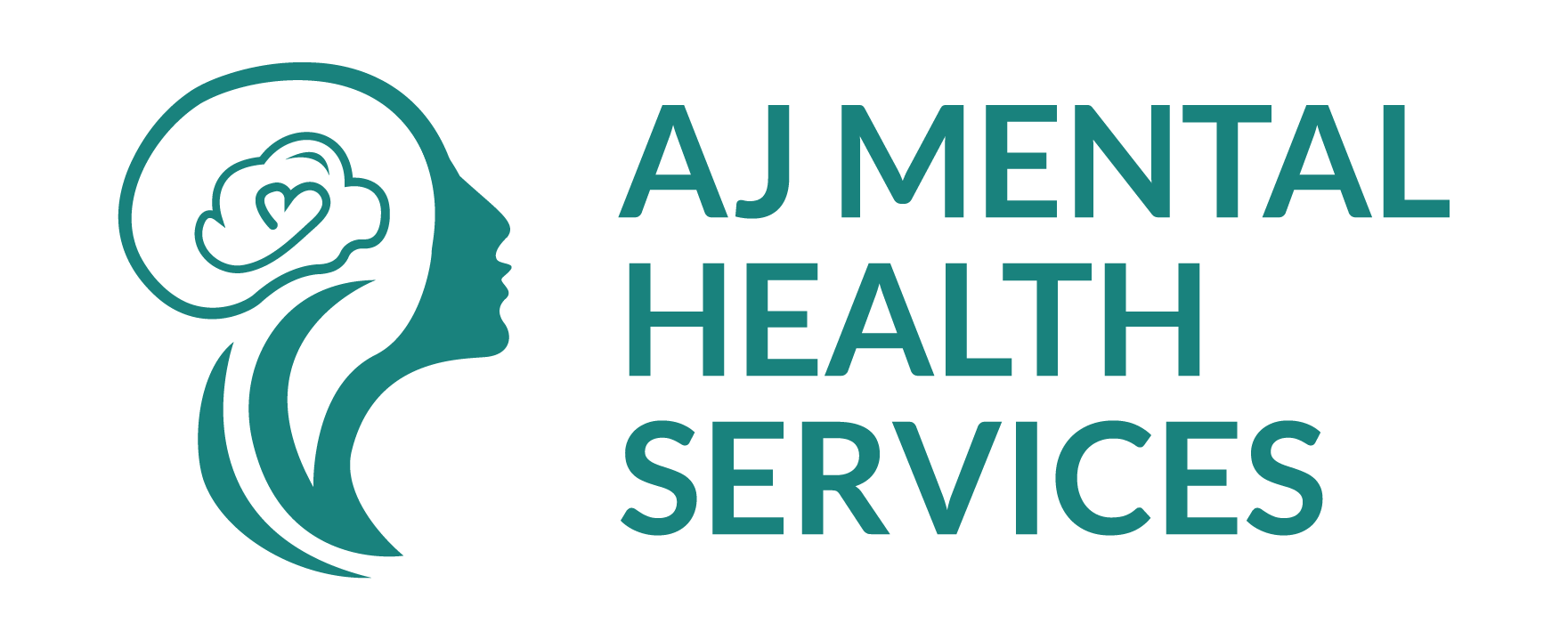Individual Treatment Plan (ITP)
The Individual Treatment Plan (ITP) is a written document that outlines the specific goals and objectives for the individual’s mental health treatment. Based on the Functional Assessment and other relevant evaluations, the ITP includes:
- Recovery vision: The person’s personal goals for recovery, stated in their own words.
- Measurable goals: Concrete and achievable targets, set within a specified timeframe.
- Objectives: Specific, smaller steps that will lead to the achievement of each goal.
- Treatment strategies: Interventions and support activities, including individual or group services, that will be employed to help the person reach their goals.
- Cultural and linguistic considerations: Ensuring the treatment plan aligns with the person’s unique cultural background and needs.
The ITP is created with input from the member and their family or support network and is reviewed every 180 days to monitor progress and make necessary adjustments

